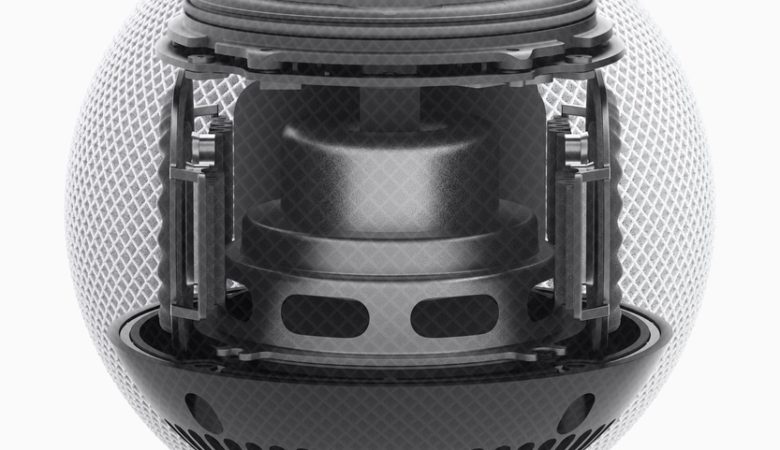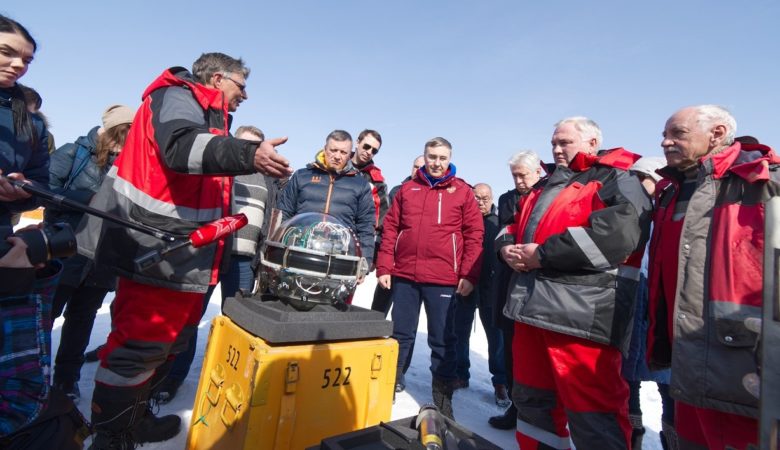
“We are destroying our planet and thus putting our own health and the environment in danger. We are using our planet’s resources faster than it can recover them,” said Tanya Steele, head of the British WWF division, on the occasion of the organization’s report, Living Planet. .
It called for urgent and ambitious global action, both in terms of environmental protection and changes to the food and agricultural system. “We can keep what we have, but we need to get to the heart of the problem, which is that we are producing and consuming food in a way that is destroying the world’s animal habitats. We really need to try to turn it around,” said Steele.
The report said the situation has not improved in the last two years since its previous edition was released and the outlook for many animal species is poor. The report states that 75 percent. the ice-free areas on Earth have been significantly altered by human activity.
Several specific cases of animal species that decline most dramatically have also been identified. For example, the number of African elephants in Tanzania has decreased since 1976, mainly as a result of poaching, by 86%. Based on the number of egg-laying holes dug, leatherback turtles on beaches around Tortuguero, Costa Rica, fell by 84% between 1995 and 2011. In Great Britain, the number of gray partridges decreased by 85% in 1970-2004 as a result of taking up further areas for agriculture .
The largest in the whole world decline monitored wild animals – about 94 percent. – reported in Latin America and the Caribbean.
Steele stressed that the coronavirus pandemic “has undoubtedly shed light on the fragility of our planet.” “It also shed light on how exotic diseases can be transmitted – in the end, it was nature that was upset by humans,” she said.
“When we see species declining so drastically over the past 50 years, we know that the entire ecosystem that keeps us alive begins to collapse. This is what we rely on for the water, clean air and food we produce, so we must take these warnings and statistics very seriously, “she stressed.











